Rome’s most Famous Women: The Empire’s Feminine Side
Women of ancient Rome that managed to distinguish themselves from the rest. Women of power and fame.

Although the ancient Roman society was patriarchal, some women managed to leave behind their footprint as game changers. Women, much like slaves and children, were considered second-class citizens in ancient Rome, positioned on the periphery of society. They were technically always under the control of a man, whether it was their father, husband, or a designated guardian, depending on their age and the specific circumstances of their lives.
Livy exemplifies the typical male perspective of his time when recounting the debate over the repeal of the Oppian Law in 195 BC, which was a rare instance of women exerting influence in Roman politics. He states:
"Women cannot hold magistracies, priesthoods, celebrate triumphs, wear badges of office, enjoy gifts, or booty; elegance, finery, and beautiful clothes are women’s emblems, this is what they love and are proud of, this is what our ancestors called women’s world of adornment (hunc mundum muliebrem appellarunt maiores nostri)."
Paul Chrystal, Roman Women — The women who influenced the history of Rome
Who were Rome’s most powerful women?
Lucretia
Through a mix of legend and historical accounts provided by historians Livy and Dionysius of Halicarnassus, we learn that around 508/507 BCE, the last king of Rome, Lucius Tarquinius Superbus, was at war with Ardea, a city south of Rome. He sent his son, Tarquin, to Collatia, where he was hospitably received by Lucius Collatinus. Collatinus's wife, Lucretia, was the daughter of the prefect of Rome.
He visited Lucretia's home with the intention of forcing himself on her. Disregarding his duties as a guest and relative, he sneaked into her bedroom and threatened her with a sword, demanding that she submit to him; she resisted.
Lucretia’s reputation as a paragon of virtue had been previously established during the siege, when, in a drinking session with Tarquinius and Collatinus, the men placed bets on the virtuousness of their wives. Fueled by alcohol, they decided to ride back to Rome and then to Collatia, 23 miles south of the capital, to visit their wives unannounced to determine who among them was the most virtuous.
The wives of the princes were discovered indulging in a lavish dinner party where wine flowed liberally. Upon reaching Collatia, despite the late hour, Lucretia was found diligently working at the wool by lamplight, surrounded by her maids in the hall. This display of exemplary matronly conduct clearly demonstrated her superior virtue, winning the wager for Collatinus.
To Romans of Livy’s era, wool-working was synonymous with sexual propriety (pudicitia), harking back to times when homespun fabric was a crucial aspect of domestic life. According to Ovid, Lucretia was crafting a cloak for Collatinus. Unfortunately, her beauty and virtue had already caught the attention of Sextus Tarquinius. He presented Lucretia with a harsh ultimatum: she could either submit to his demands and become his queen, or face death alongside one of her male slaves.
He actually threatened to kill her and the slave, then place their bodies together in the bed to create the appearance that she had been caught in flagrante with the slave. His status as a relative would legitimise his claim to have killed her for adultery. The mere accusation of adultery was already a grave dishonor for a matrona, but to be accused of consorting with a slave would be an unbearable disgrace. Unable to bear the thought of such infamy being spread about her after her death, Lucretia conceded and submitted to Sextus Tarquinius.
Despite receiving complete forgiveness from both her father and her husband (ironically, two of the four people who would have constituted the domestic court had there been an adultery charge), Lucretia resolved to commit suicide. However, she first extracted a promise from her husband to seek revenge and kill Sextus Tarquinius.
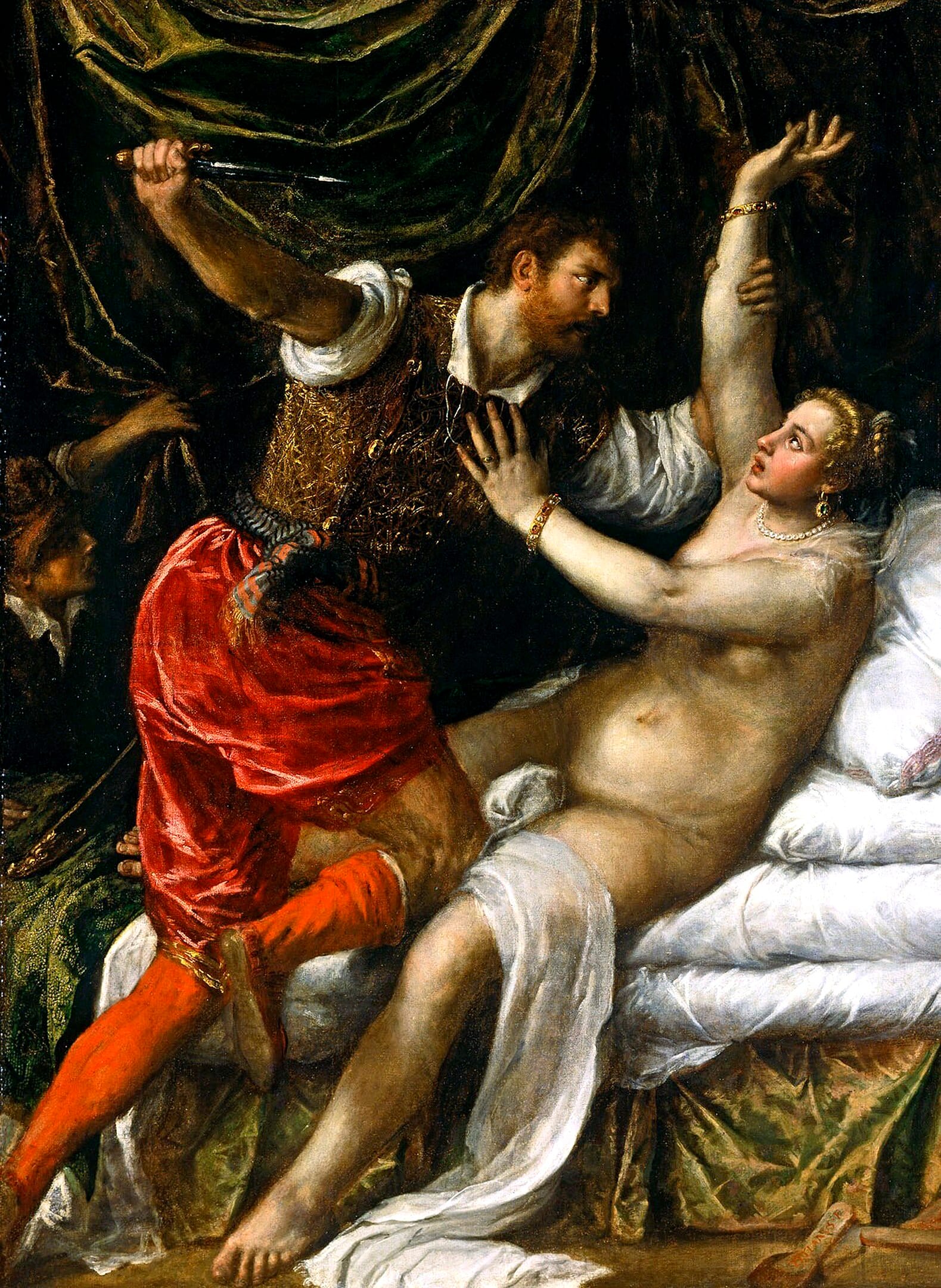
Fluvia Flacca Bambula
The exact birth date of Fulvia remains uncertain, but it falls between 84 and 70 BC. She was likely born in Tusculum, into the prominent Republican plebeian family, the Fulvian gens. Her mother was Sempronia, the daughter of Sempronius Tuditanus, and sister to another Sempronia, known for her involvement in Catiline’s conspiracy and harshly criticized by Sallust.
Fulvia is notorious for using her hairpin to prick the tongue of the decapitated Cicero, exacting revenge for Cicero's insinuation that her third husband, Mark Antony, married her solely for her wealth.
“And Fulvia took the head into her hands before it was removed, and after abusing it spitefully and spitting upon it, set it on her knees, opened the mouth, and pulled out the tongue, which she pierced with the pins that she used for her hair, at the same time uttering many brutal jests.”
Cassius Dio, Roman History, Book XLVII
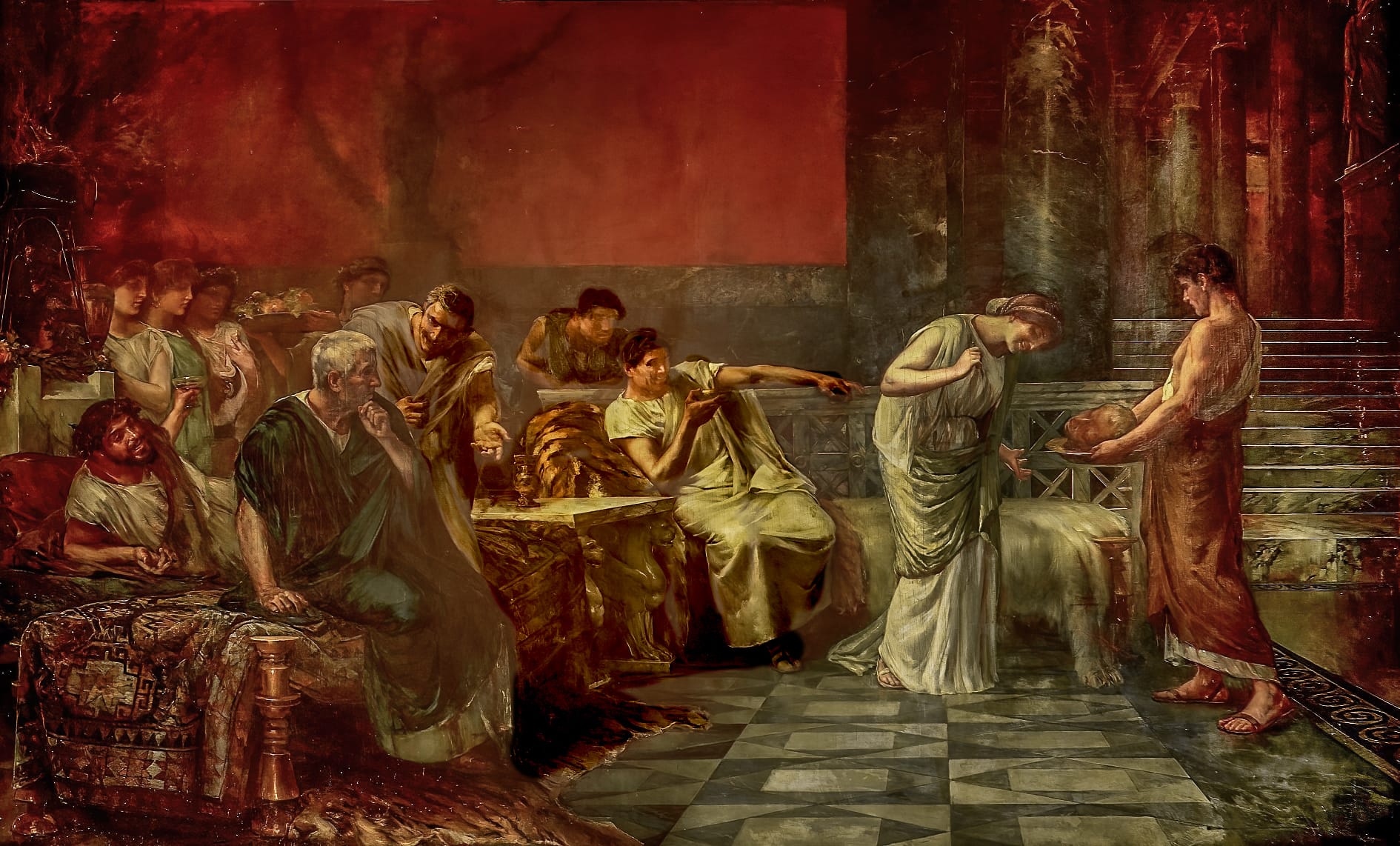
Hortensia
Hortensia is notably one of the most renowned female speakers from the classical era. She was the offspring of Quintus Hortensius Hortalus (114–150 BC), an esteemed orator, and was associated with Cicero as a friend, rival, and occasionally a colleague. He was known for his indulgent lifestyle, being an aficionado of fine wines, and spent lavishly on art, luxury villas, gardens, fish ponds, and extravagant feasts. He is credited with introducing peacock to the menu at Roman dinner parties.
Hortensia was unique in that during her youth, she devoted herself to studying rhetoric, including the orations of Cicero, Greek speakers, and her own father. This educational investment proved fruitful. In 42 BC, as the funds from their proscription campaign dwindled, the three leaders of the Second Triumvirate—Lepidus, Octavian, and Mark Antony—sought additional resources to continue their battles against Julius Caesar's murderers.
They targeted the considerable wealth of Roman women, imposing a heavy tax on the 1,400 wealthiest among them. This decision greatly underestimated the resolve of these women, who, outraged, organized a protest in the Forum. At this assembly, Hortensia delivered a powerful and articulate speech that questioned the fairness of taxing women to fund wars from which they derived no benefit, decision-making power, or glory.
Despite attempts to break up the assembly, Hortensia’s fervent rhetoric prevailed, leading to a significant reduction in the number of women taxed to 400. Wealthy men and immigrants were then required to cover the deficit. Appian remarked that her speech was so compelling it belied any notion it was crafted and presented by a woman. Valerius Maximus noted that her father was profoundly influenced by her words from that point forward.

Agrippina The Younger
Agrippina held various significant familial relationships with prominent Roman emperors throughout her life. In AD 39, she was exiled by her brother, Emperor Caligula, on charges of conspiracy, but she was able to return to Rome following his assassination in AD 41.
By AD 49, she had married her uncle, Emperor Claudius, who altered incest laws to facilitate their union, reflecting Agrippina's substantial influence over him. According to Tacitus in his "Annals," Agrippina orchestrated the poisoning of her husband in AD 54, paving the way for her son Nero to ascend to the throne.
This act initially solidified her sway over the empire by allowing her to exert control over her youthful son. However, Nero eventually came to despise this control and plotted against Agrippina, leading to multiple unsuccessful attempts on her life. Tacitus recounts that despite surviving several assassination efforts, Agrippina was ultimately killed in AD 59.
Cornelia Scipionis Africana
Cornelia Scipionis Africana stands as a quintessential example of the ideal Roman matrona. Born into the distinguished patrician family of the Cornelii Scipiones, she was the second daughter of Publius Cornelius Scipio Africanus and Aemilia Paulla, and later married Tiberius Sempronius Gracchus around 175 BC.
Cornelia was the mother of the notable Gracchi brothers, Tiberius and Gaius, as well as Sempronia. Despite originating from a renowned patrician lineage, she married into the prominent plebeian family of the Gracchi, which were historically their rivals. Her heritage was significant; she was the granddaughter of the famous general Lucius Aemilius, who died at the Battle of Cannae in 216 BC, and the daughter of Scipio Africanus, celebrated for his victory over Hannibal which ended the Carthaginian threat.
These familial connections played a pivotal role in shaping her esteemed reputation as a distinguished Roman matrona. She was considered one of the most admirable Roman figures of her time, renowned for her eloquence, intellect, and virtue. Uniquely for a Roman woman of that era, she received a Greek education, providing her with a solid foundation in both literature and philosophy.
Cornelia's greatest legacy lies in her two sons, Tiberius and Gaius Gracchus, who became notable political reformers in Rome. She instilled in them a strong sense of civic duty and a commitment to social justice. Her influence significantly shaped Roman history through their efforts to address issues such as land redistribution and the rights of commoners. Evidence of Cornelia’s literacy may be found in a letter she reportedly wrote to Gaius Gracchus, known as the Cornelia Fragments. Cornelius Nepos (c. 110-124 BC) quotes this letter, written around 122 BC. In it, the concerned mother, still mourning the death of her elder son Tiberius, admonishes Gaius for the risky and contentious decision to seek the tribunate, urging him to delay this action until after her death.
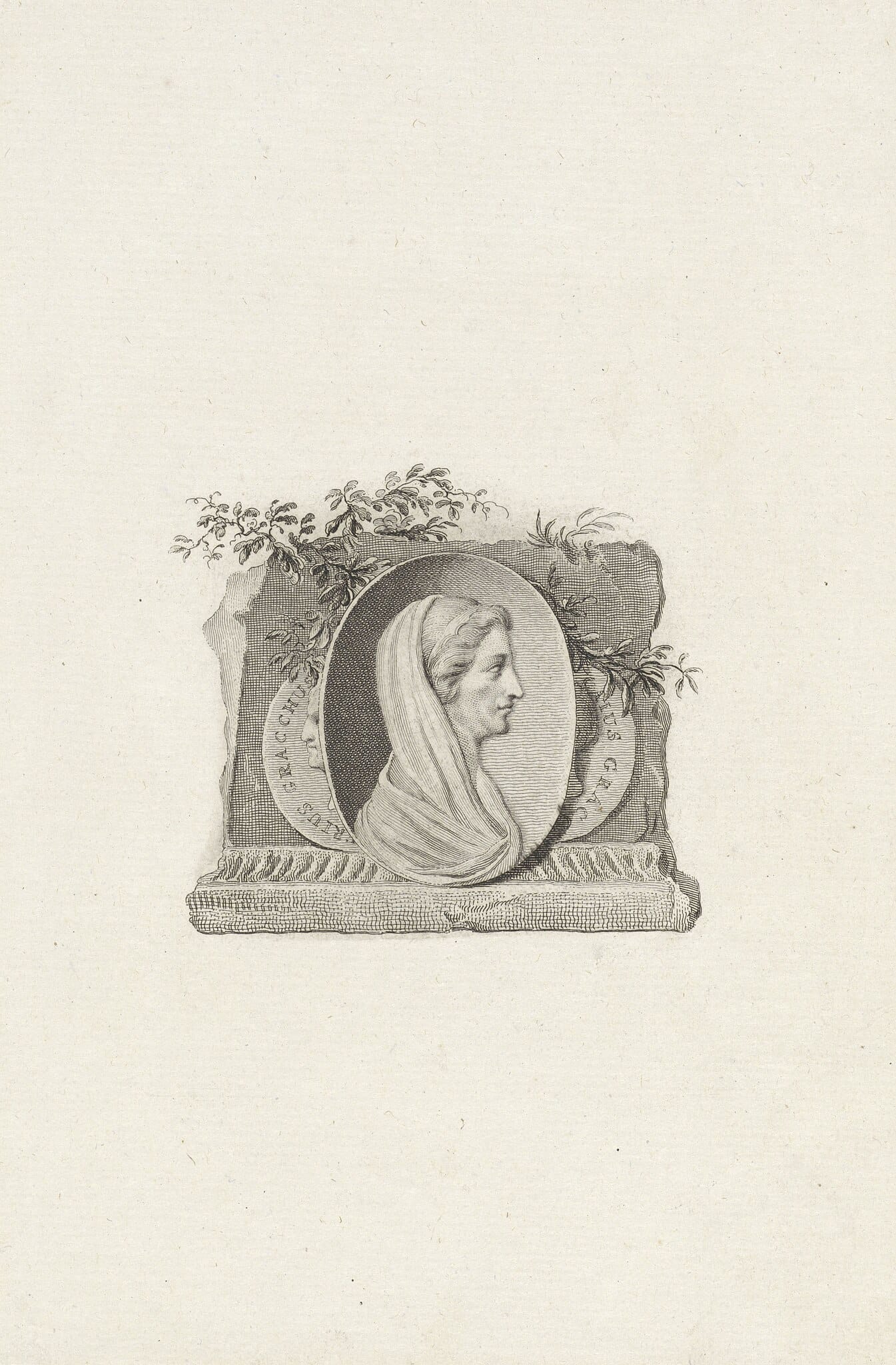
Beyond maternal concern, such private and well-argued letters would have been both persuasive and instructive for her sons.
Medaillon met het portret van Cornelia, moeder der Gracchen. Credits: Rijksmuseum, CC0 1.0
Cornelia’s letters were regarded as highly literary, reflecting her educated speaking style. Quintilian acknowledged her influence by stating that Cornelia significantly contributed to the eloquence of the Gracchi, noting the erudite quality of her letters.
"We have all read the letters of Cornelia, the mother of the Gracchi, and are happy to believe that they were not so much brought up in their mother’s lap as in the elegance and refinement of their language."
Cicero
Sempronia
Married to Decimus Junius Brutus, the consul in 77 BC, and mother to one of Julius Caesar's assassins, Sempronia, like many upper-class Roman women, was well-educated and a skilled lyre player. However, unlike others, she secretly participated in the Catiline conspiracy, a plot to murder the consuls, unbeknownst to her husband.
Historian Sallust (86 – c. 35 BC) viewed Sempronia as fundamentally non-matrona due to her boldness, impulsivity, extravagance, outspoken nature, and independent mind, as well as her role in the conspiracy.
Despite her talents, her political involvement led to condemnation and vilification. Sempronia was politically active, clever, and educated, qualifying her as a woman of politics and power. Sallust noted that her courage was "worthy of a man", that she married well and had children. She was proficient in Latin and Greek, skilled in playing the lyre, a good dancer, and capable of composing verse, telling jokes, and engaging in reserved, calming, or even scatological conversation. In essence, she was a woman of charm and elegance, and a true educated woman, much like Cornelia.
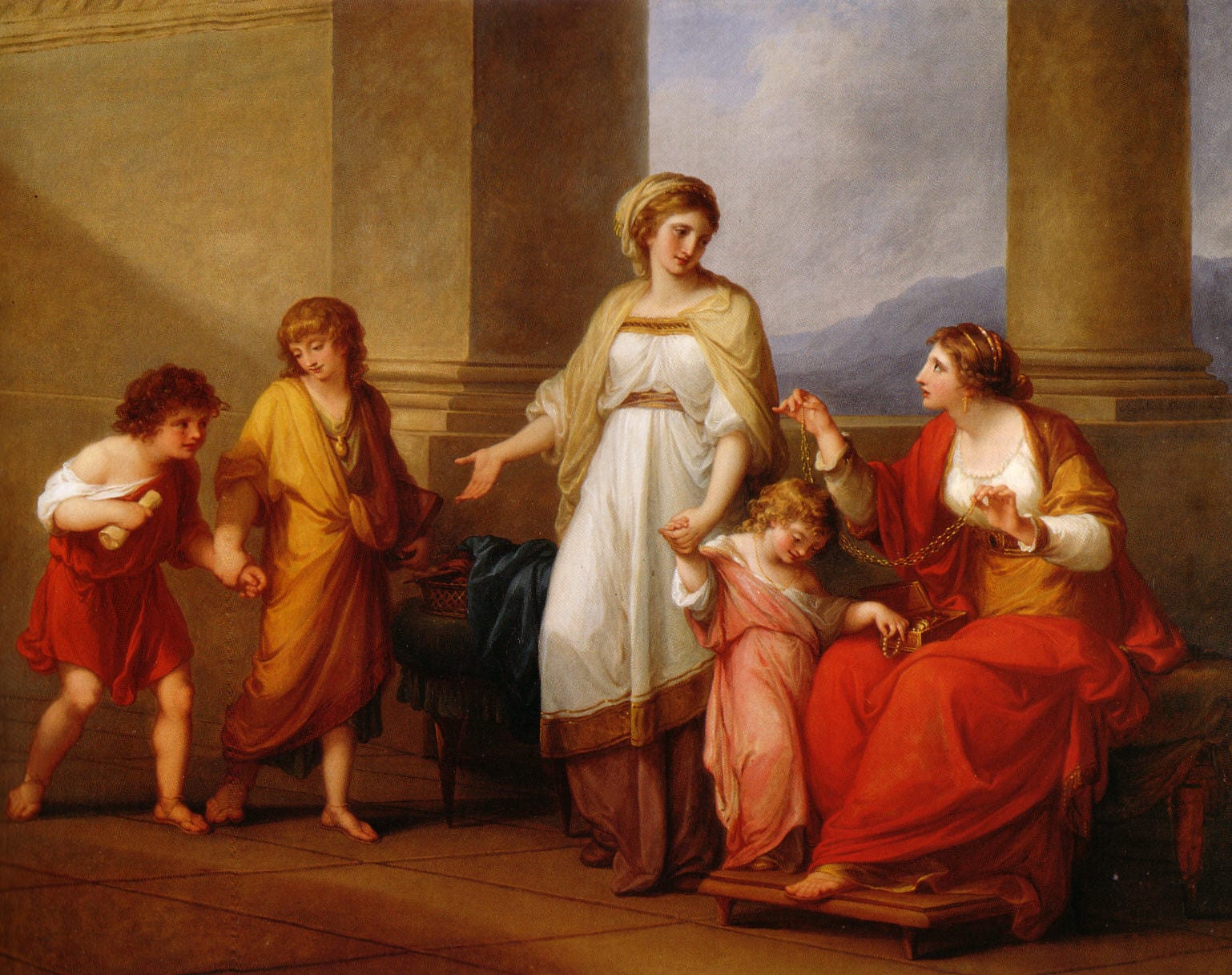
Sempronia exemplified the newfound independence that elite women were beginning to explore in the early first century. The prevailing belief among men was that any vivacious, outgoing, and social woman must be decadent, sexually suspect, and—in Sempronia’s case—a criminal. Notably, Sallust never provides specific details of Sempronia’s actual involvement in the conspiracy in his "Catilina"; she is condemned indirectly.
Sallust may have had his own biases, given that the Catiline conspiracy of 63 BC posed a significant threat to the stability of the Roman state. To him, it was "a crime that was unprecedented in memory and which brought unique dangers to Rome".
We are not sure what happened exactly, but Sempronia was to some extent involved in one of the most dangerous attempted coups of the late Republic. Interestingly, however, she was never prosecuted for her complicity, because women could not be convicted of treason; women were excluded from political power, and, therefore, also from laws relating to the abuse of that power.
Livia Drusilla/Augusta
Wife of Augustus and mother of Tiberius, was instrumental in establishing the role and status of an empress in ancient Rome. Livia Augusta adhered to principles of modesty and piety, mirroring the moral legislation introduced by her husband, Augustus. She also demonstrated a significant degree of independence, managing her own finances and owning extensive properties.
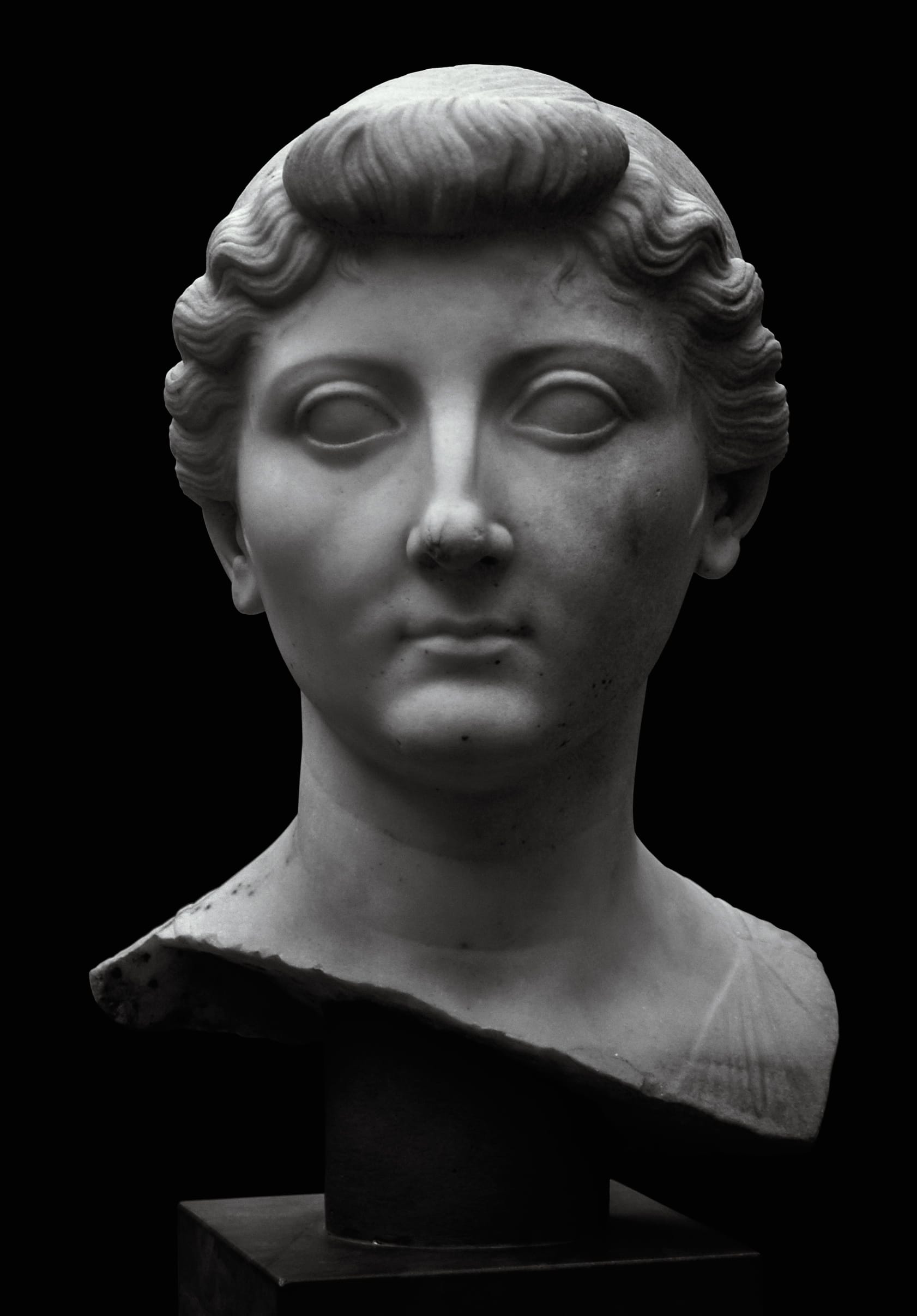
Her public visibility was unprecedented, with Livia even appearing on coinage.
"Livia. Copenhagen, New Carlsberg Glyptotek." Credits: Sergey Sosnovskiy, CC BY-SA 2.0
It was also manifested in architecture, as well as art, with the Porticus Liviae, built on the Esquiline Hill. After Augustus’ death and Tiberius succession, Livia continued to remain prominent; indeed, both Tacitus and Cassius Dio present an overbearing maternal interference in the new emperor’s reign. This established a historiographic pattern mimicked in decades to come, whereby weak or unpopular emperors were presented as too-easily influenced by the powerful Roman women in their family.
In Tacitus' Annals, Livia is notably portrayed as wielding considerable influence, to the extent that she "had the aged Augustus firmly under control—so much so that he exiled his only surviving grandson to the island of Planasia". Tacitus further describes her as "a real catastrophe to the nation as a mother, and to the house of the Caesars as a stepmother" and "a compliant wife, but an overbearing mother".

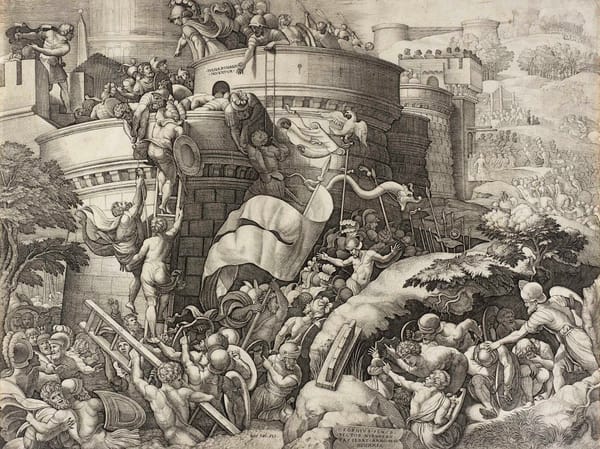
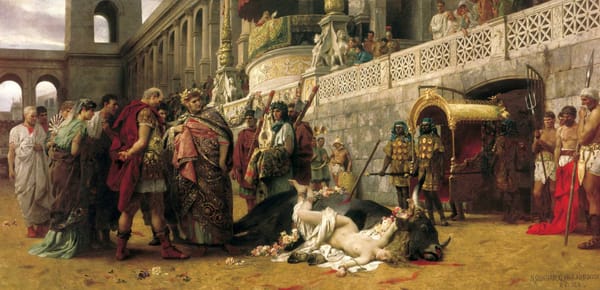
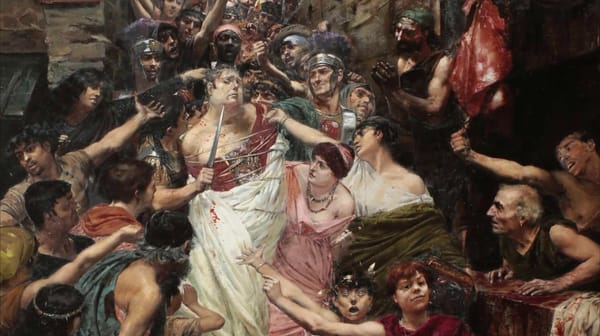
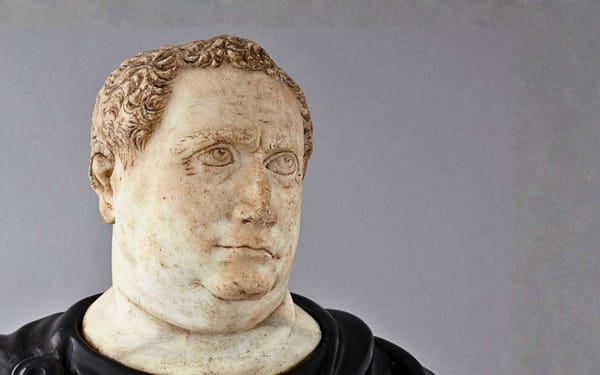
About the Roman Empire Times
See all the latest news for the Roman Empire, ancient Roman historical facts, anecdotes from Roman Times and stories from the Empire at romanempiretimes.com. Contact our newsroom to report an update or send your story, photos and videos. Follow RET on Google News, Flipboard and subscribe here to our daily email.
Follow the Roman Empire Times on social media: